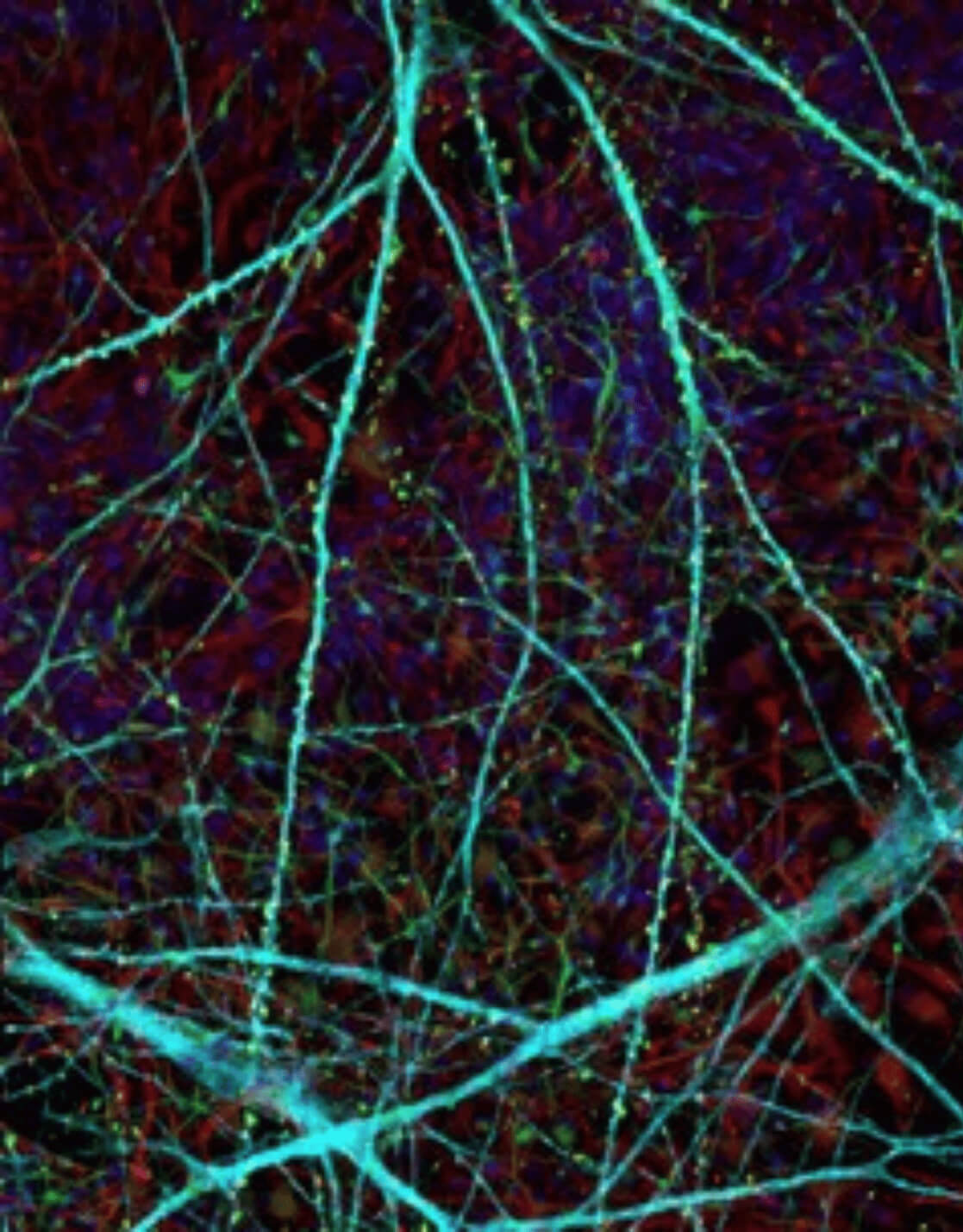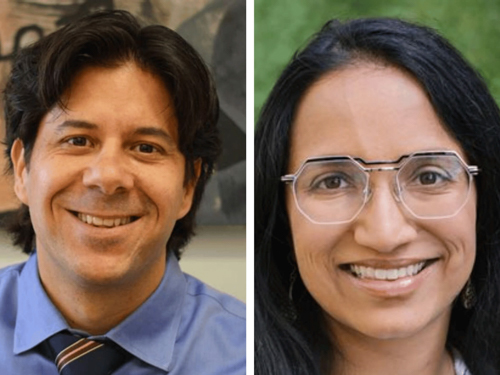A fundamental goal of UCLA CART is to expose students to scientific research and to
The UCLA Center for Autism Research and Treatment (CART) funds one-year pilot and/or feasibility studies for biomedical, epidemiological, or behavioral research. This funding has been made available through support by UCLA Department of Psychiatry and Biobehavioral Sciences, the UCLA Clinical and Translational Science Institute (CTSI), UCLA Intellectual and Developmental Disabilities Research Center (IDDRC) (2017- present), and the National Institutes of Health (NIH) Autism Centers of Excellence (ACE) program.
CART has successfully attracted innovative and excellent research proposals and has funded 39 pilot projects to date, including human studies as well as innovative neurobiological studies using molecular and animal models. Many CART pilot grant investigators have published their findings and/or secured additional major funding for their work. CART plans to continue to fund one or more new pilot grants every year, depending on funding resources.


The purpose of these awards is to foster interactions and interdisciplinary research projects in the basic and clinical areas of autism. Preference is given to projects that are likely to lead to successful future funding (by R01-type awards, etc). Proposals addressing the mechanism and treatment of autism are encouraged. Projects can also build upon the UCLA CART’s mission and current research activities. For more information on eligibility and how to apply, read the previous year’s Request for Application (RFA).
encourage and engage students who are considering careers in science, medicine, and public health. UCLA CART established the Sigman Scholars Research Program for UCLA undergraduate students interested in pursuing a career focused on autism spectrum disorder (ASD). This summer research program is supported by the Sigman Scholars Fund at CART. The Sigman Scholars Research Program provides a rigorous 8-10 week summer research position for current UCLA undergraduates currently working with or who have plans to work with UCLA CART faculty. Fields of potential study include both basic and clinical research, across disciplines including genetics, psychology, psychiatry, neuroscience, and education.

During typical brain development, the activity of cortical neurons undergoes a dramatic transition. Whereas early in development most neurons tend to fire together in large bursts, later on they switch to a state where they fire independently of one another. In experimental models of Fragile X syndrome (FXS), the leading single gene cause of intellectual disability and autism, this transition is delayed. This could lead networks of neurons to perform computations differently in FXS and cause symptoms. This project will use the latest techniques in DNA sequencing to identify the genes that change during this transition and which genes might explain the delay in FXS. The hope is to identify new genes that could be targeted to alleviate certain symptoms.

Impairments in social communication and interaction are core symptoms in autism spectrum disorders (ASD). The abilities to perceive and empathize with others’ negative states and to take prosocial actions to improve others’ well-being are crucial for the formation and maintenance of affiliative social connections. Elucidating the neural circuitry governing empathy-related prosocial behavior and how this circuitry is impacted by ASD risk genes can provide critical insights into the neural basis of social cognition and affiliative social behavior, and how their disruption contributes to ASD. In this project, we propose to determine the roles of ASD-implicated brain areas in regulating prosocial behavior using a newly developed mouse model. Furthermore, we will investigate whether prosocial interaction and its neural encoding are altered in a mouse model of ASD.
Thalamocortical disruption during sleep and wake as a biomarker for sensory sensitivity
– Carrie Bearden, Ph.D.
Exploring the impact of bilingualism on executive function and brain organization in
children with autism – Lucina Uddin, Ph.D.
Management of reproductive health and the impact of menstruation-related hormone
change on autism-related impairment among autistic women – Catherine Lord, Ph.D.,
Connie Kasari, Ph.D., and Alexandra Sturm, Ph.D.
Treating Externalizing Behavior Problems in Young Children with Autism Spectrum Disorder: Investigating a Novel Cognitive Behavioral Therapy Approach – Patricia
Renno, PhD and Amanda Gulsrud, Ph.D.
Thalamocortical disruption during sleep and wake as a biomarker for sensory sensitivity
– Carrie Bearden, Ph.D.
Exploring the impact of bilingualism on executive function and brain organization in
children with autism – Lucina Uddin, Ph.D.
Thalamocortical disruption during sleep and wake as a biomarker for sensory sensitivity
– Carrie Bearden, Ph.D.
Exploring the impact of bilingualism on executive function and brain organization in
children with autism – Lucina Uddin, Ph.D.
Thalamocortical disruption during sleep and wake as a biomarker for sensory sensitivity
– Carrie Bearden, Ph.D.
Exploring the impact of bilingualism on executive function and brain organization in
children with autism – Lucina Uddin, Ph.D.
Thalamocortical disruption during sleep and wake as a biomarker for sensory sensitivity
– Carrie Bearden, Ph.D.
Exploring the impact of bilingualism on executive function and brain organization in
children with autism – Lucina Uddin, Ph.D.